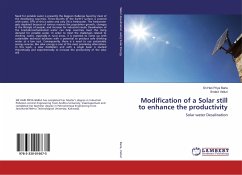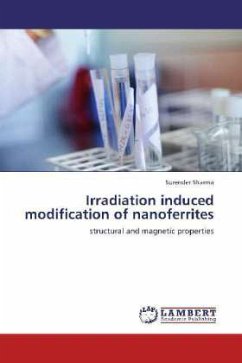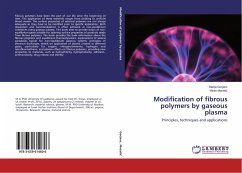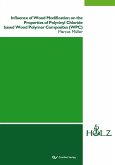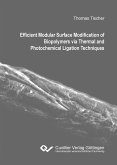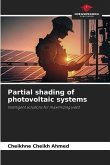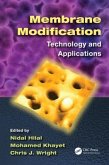Need for potable water is presently the biggest challenge faced by most of the developing countries. Three-fourths of the Earth's surface is covered with water, 97% of this is saline and only 3% is freshwater. The freshwater gets depleted because of various reasons like population growth, changes in the lifestyle of people, and increase for industrial needs. Desalination of the brackish/contaminated water can help countries meet the rising demand for potable water. In order to meet the challenges related to drinking water, especially in rural areas, it is essential to come up with sustainable technical solutions with a potential to produce safe drinking water at a low cost. Consequently, there is a need to use sustainable energy sources, like solar energy is one of the most promising alternatives. In this work, a solar distillation unit with a single basin is studied theoretically and experimentally to increase the productivity of the solar still.
